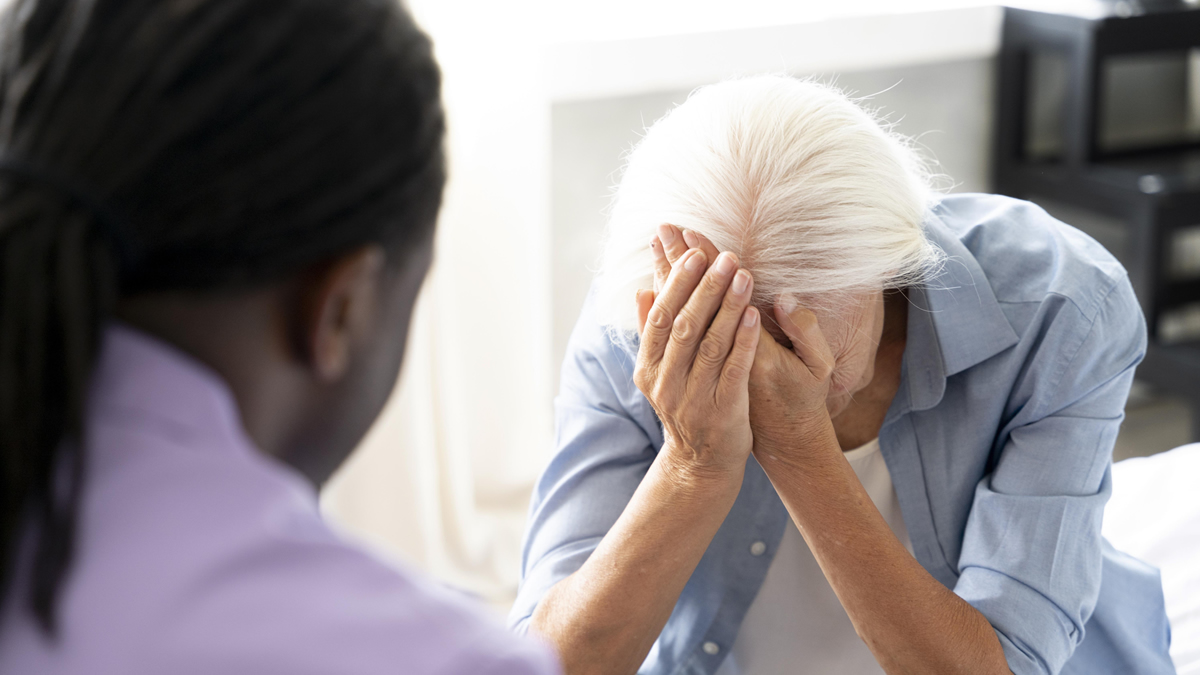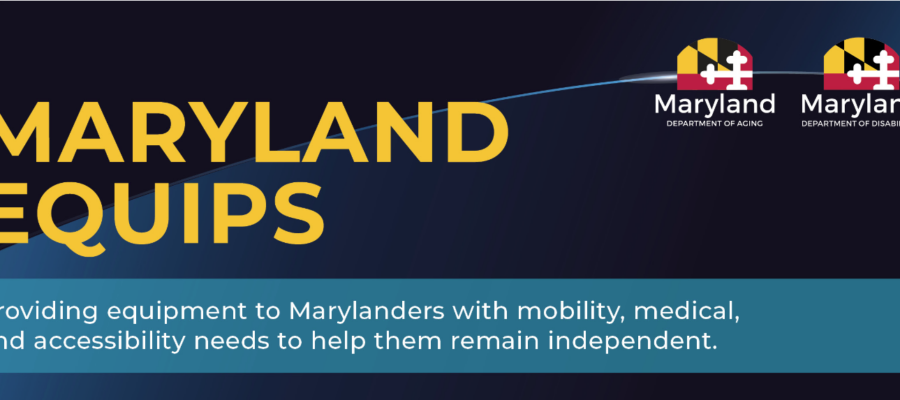Part 1: Introduction to aging and Mental Health for Seniors
Mental health is very important for seniors because it affects their entire lives. As people age, they experience a variety of physical, emotional, and social changes that can affect their mental health. Regular mental health screenings and identifying problems can help them maintain their independence, improve their quality of life, and prevent serious mental health problems.

Common Mental Health Problems in Seniors are
-
Depression
A common mental health problem in seniors that is often underdiagnosed and untreated. Symptoms include persistent depression, lack of interest in activities, and changes in appetite and sleep.
-
Anxiety
Often occurs concurrently with depression and presents with physical symptoms such as extreme anxiety, restlessness, and rapid heartbeat.
-
Dementia
A group of diseases characterized by cognitive decline that affects memory, thinking, and social skills. Alzheimer’s disease is the most common form of dementia.
-
Substance Abuse
Adults may use alcohol or drugs, often as a way to cope with other mental health problems.
-
Suicide
The suicide rate is highest among older adults, especially men 85 and older. Things like depression, isolation, and chronic illness.
Specific Challenges Facing Seniors in Maryland
-
Access to Quality Care
Seniors in Maryland face challenges accessing quality care, especially in rural areas. The problem is exacerbated by a shortage of health care professionals working in the medical field. 444
-
Care Coordination
Managing multiple healthcare providers can lead to fragmented care. Effective communication between primary care physicians, specialists, and nurses is essential to prevent medication errors and repeat tests.
-
Long-term care options
Many older adults require long-term care, such as nursing homes, assisted living facilities, or home care. Ensuring that these services are available and affordable is a major challenge.
-
Isolation
Isolation and loneliness are common among older adults, leading to mental health problems such as depression and anxiety. Community programs and intergenerational relationships can help alleviate these problems.
-
Economic Vulnerability
Economic insecurity affects access to health care and other essential services. Elderly people may face difficulties in managing medical expenses, housing and daily expenses.
Addressing these challenges requires a comprehensive approach that includes improving access to health care, strengthening care coordination, and strengthening community support systems. By prioritizing mental health, we can help seniors live healthier and more fulfilling lives.
Here’s an up-to-date look at Maryland’s senior population and their mental health needs:
-
Aging
Population Growth: The number of Marylanders aged 60 and over is expected to grow to 1.7 million by 2030, up from 1.2 million in 2015, an increase of about 40%.
-
Mental Health Needs
-
- Depression: About 17.2% of Maryland adults report having been diagnosed with depression.
- Dementia: About 110,000 Marylanders aged 65 and over have dementia, and that number is expected to rise to 130,000 by 2025. Alzheimer’s disease is the seventh leading cause of death among adults3.
- Loneliness: Globally, around 37% of adults (ages 50-80) report feeling lonely in 2023. Although no specific data were found in Maryland, similar trends appear to exist.
-
Public Health Program
Behavioral Health Services: In fiscal year 2018, 2,732 people over the age of 64 received mental health services, and 1,132 people received state-provided services.
-
State Policy
The Maryland Department of Health has released a multi-year plan to address Alzheimer’s and dementia related to improving care, supporting caregivers, and raising awareness.
This reflects the growing need for mental health care and support among seniors in Maryland.
Maryland faces unique mental health issues for adults, particularly related to disparities in access to mental health services in rural areas.
Rural-Urban Disparities
Access to Services: Rural areas of Maryland face a shortage of mental health professionals, making it difficult for older adults to receive timely and adequate care. Urban areas, on the other hand, generally have more resources and services2.
Suicide Rates: Studies show that suicide rates in rural areas are higher than in urban areas, and access to firearms is a major contributing factor. This highlights the need for community-based mental health interventions.
Isolation: Older adults in rural areas may experience social isolation due to geographic distance from community resources, which can exacerbate mental health issues.
Access to Mental Health Services
Access to Services: While urban areas such as Baltimore have a high level of mental health services, rural areas have a limited supply of services. This includes some mental health clinics, professionals, and support groups2.
Telehealth: The expansion of telehealth services has helped close some gaps, but challenges such as internet connectivity and digital literacy remain barriers for many older adults in rural areas.
Community Programs: Organizations such as the Maryland Mental Health Association (MHAMD) and local health departments work to promote mental health services through a variety of programs and initiatives.
The goals of this four-part series on Aging and Mental Health in Maryland are
-
Raise awareness:
-
- Inform the public about mental health issues faced by older adults.
- Explain the importance of mental health and overall well-being for older adults.
- Eliminate misconceptions and stigmas related to aging and mental health.
-
Provide resources and support:
-
- Provide information about adult mental health services and support systems.
- Provide guidance for older adults and families on supporting the mental health of their aging loved ones.
- Promote local programs and initiatives to promote mental health in older adults.
- Promote aging well-being
- Encourage behaviors and lifestyles that are beneficial to mental health in older adults.
- Discuss the role of physical health, social connectedness, and cognitive functioning in supporting mental health.
- Share personal and community success stories and best practices.
-
Advocacy and Policy Change:
-
- Advocate for policies that support adult mental health services and resources.
- Work with policymakers to address disparities in mental health care for older adults.
- Promote the integration of mental health care for older adults into primary care services.
These goals are designed to create a comprehensive understanding and support system for aging and mental health in Maryland that ensures older adults can live fulfilling and mentally healthy lives.



